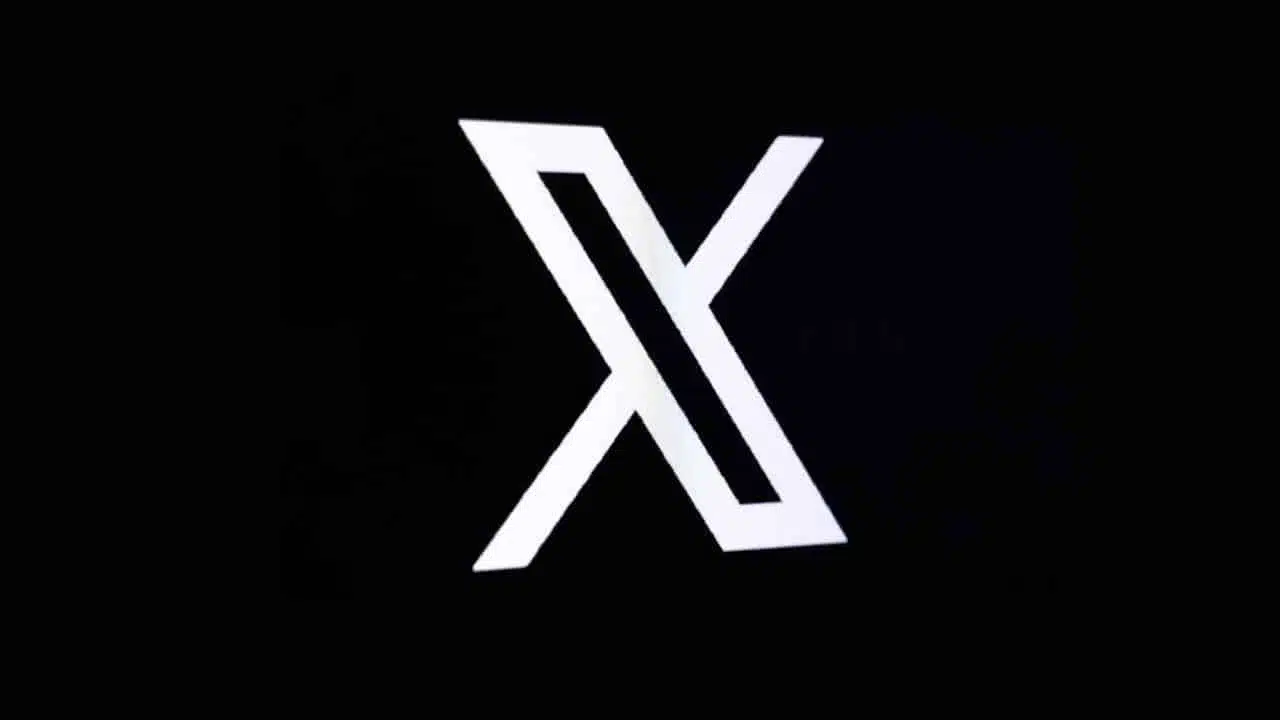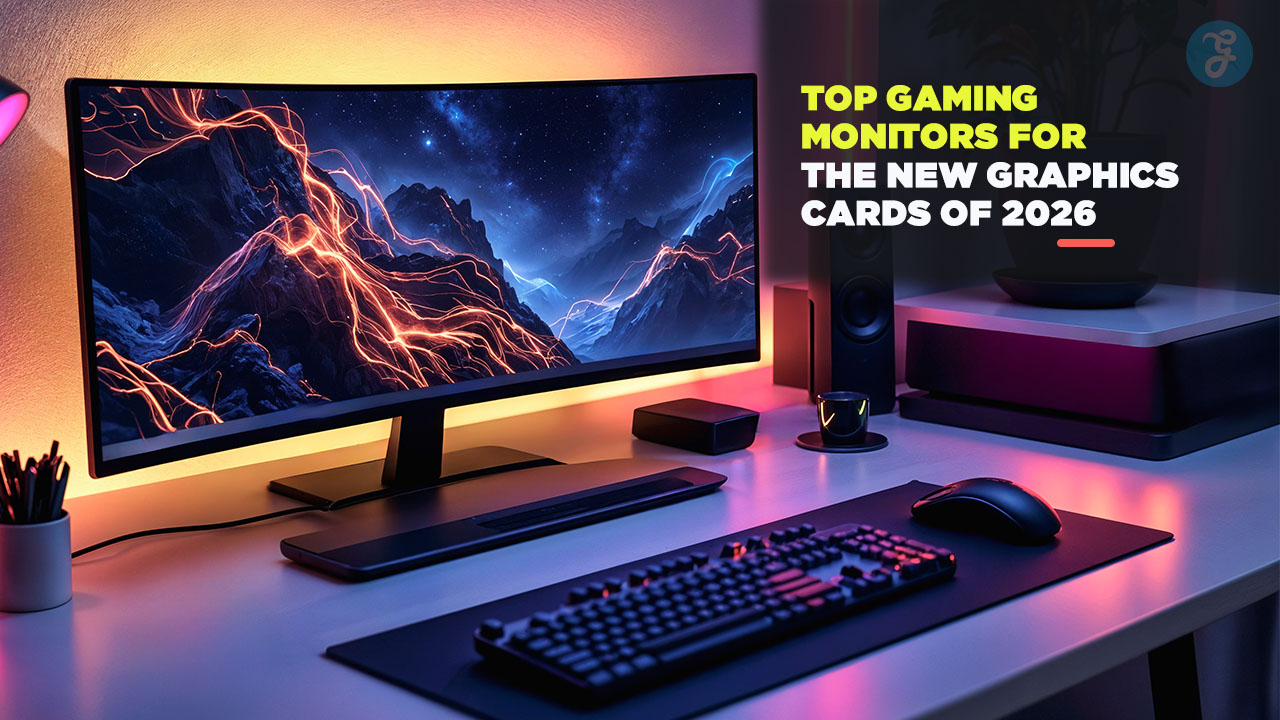In a surprising turn of events, Elon Musk announced on Saturday that the social media platform X, previously known as Twitter, would immediately cease its operations in Brazil. The move comes as a response to what Musk and the platform’s representatives have described as “censorship orders” issued by Brazilian judge Alexandre de Moraes. The decision marks a significant escalation in the ongoing tension between Musk’s platform and Brazilian authorities over content regulation and freedom of expression.
The Controversy: Accusations of Secret Threats
The announcement has drawn widespread attention, particularly because of the serious allegations made by X against Judge Alexandre de Moraes. The platform claims that the judge secretly threatened one of its legal representatives in Brazil with the prospect of arrest if the company did not comply with specific legal orders. These orders reportedly involved the removal of certain content from the platform that the judge deemed necessary to take down.
While the exact nature of the content in question has not been disclosed, the allegations suggest a broader conflict over the limits of free speech and the role of judicial authority in regulating online platforms. X’s representatives have expressed concern that these actions by Judge Moraes represent an overreach of judicial power, effectively forcing the platform to act against its principles of free expression.
Despite the platform’s claims, the Supreme Court of Brazil, where Judge Moraes holds a seat, has not yet issued any formal response to the allegations. The lack of immediate comment from the court has left many questions unanswered, fueling speculation about the motivations behind the judge’s orders and the future of X in Brazil.
Immediate Impact: The Status of X in Brazil
Following Musk’s announcement, there was initial confusion about what the closure of operations would mean for the millions of X users in Brazil. However, it was later clarified that, as of Saturday, the X service remains available to the public in Brazil. This means that users can still access the platform, post content, and engage with others as they normally would.
The decision to keep the service active, despite the announcement of a shutdown, raises further questions about the platform’s future in the country. It is unclear whether this availability is temporary, a result of ongoing negotiations, or simply a lag in the implementation of the shutdown order. Users and observers alike are watching closely to see how this situation develops and what it will mean for digital communication in Brazil.
Due to demands by “Justice” @Alexandre in Brazil that would require us to break (in secret) Brazilian, Argentinian, American and international law, 𝕏 has no choice but to close our local operations in Brazil.
He is an utter disgrace to justice. https://t.co/yAvX1TpuRp
— Elon Musk (@elonmusk) August 17, 2024
The Background: A Clash Over “Digital Militias”
The roots of this conflict can be traced back to earlier this year when Judge Moraes ordered X to block certain accounts as part of an investigation into what he described as “digital militias.” These groups, according to the judge, were accused of spreading misinformation, fake news, and hate speech, particularly during the administration of Brazil’s former president, Jair Bolsonaro. The judge’s orders were part of a broader effort to combat the influence of these groups, which he and other officials believe played a significant role in shaping public opinion during a tumultuous political period in Brazil.
Elon Musk’s involvement in the situation began when he took a public stance against these orders. Musk, who has been a vocal advocate for free speech on social media, announced that he would reactivate the accounts that had been blocked by Moraes’s orders. This move was seen by many as a direct challenge to the authority of the Brazilian judiciary and, more specifically, to Judge Moraes.
Musk’s decision to reactivate these accounts was met with immediate backlash from Brazilian authorities. Judge Moraes, in particular, viewed Musk’s actions as a violation of the law and an attempt to undermine the judicial process. The tension between Musk and the judge escalated as both sides dug in, leading to a highly publicized legal standoff that has now culminated in the announcement of X’s withdrawal from the Brazilian market.
Compliance and Legal Battles
Despite Musk’s initial defiance, the situation took a dramatic turn when X representatives informed Brazil’s Supreme Court that the platform would comply with the legal orders. This compliance came after a period of uncertainty and public statements from Musk criticizing the orders as unconstitutional. The platform’s lawyers argued that the failure to block the accounts as ordered by Judge Moraes was due to “operational faults” within the company’s systems, rather than a deliberate attempt to flout the law.
This explanation, however, did little to ease the tensions between X and the Brazilian judiciary. Judge Moraes demanded a full explanation of why his orders had not been fully implemented, and the platform’s legal team was forced to navigate a complex legal landscape to avoid further penalties. The situation highlights the challenges faced by global tech companies like X when operating in countries with different legal standards and approaches to content regulation.
Broader Implications: Freedom of Speech vs. Legal Compliance
The decision to close X’s operations in Brazil has sparked a wider debate about the balance between freedom of speech and legal compliance. On one hand, Musk and his supporters argue that the actions taken by Judge Moraes represent a dangerous precedent for censorship and the suppression of free expression. They contend that allowing governments or judicial authorities to dictate what content can or cannot be shared on social media platforms poses a significant threat to the open exchange of ideas.
On the other hand, supporters of Judge Moraes’s orders argue that social media platforms have a responsibility to prevent the spread of harmful content, particularly in cases where that content could incite violence, spread misinformation, or undermine democratic processes. They assert that the judiciary has a legitimate role in ensuring that these platforms do not become tools for malicious actors to exploit.
The situation in Brazil is a microcosm of a larger global debate about the role of social media in modern society. As platforms like X continue to wield significant influence over public discourse, the question of how to regulate these platforms without infringing on free speech rights becomes increasingly complex. The decision to close operations in Brazil could set a precedent for how other countries and jurisdictions interact with global tech companies in the future.
The Future of X in Brazil and Beyond
As the dust settles on Musk’s announcement, the future of X in Brazil remains uncertain. The platform’s decision to withdraw from the market could have far-reaching consequences, not only for its users in Brazil but also for its operations in other countries where it faces similar legal challenges.
Observers are closely watching to see whether other countries might follow Brazil’s lead in imposing strict content regulations on social media platforms, and how those platforms might respond. The situation also raises questions about the sustainability of Musk’s vision for X as a bastion of free speech in an increasingly regulated digital environment.
As this story continues to unfold, it will serve as an important case study in the ongoing struggle between global tech giants and national governments over the control and regulation of digital spaces. The resolution of this conflict could shape the future of social media governance for years to come.






































